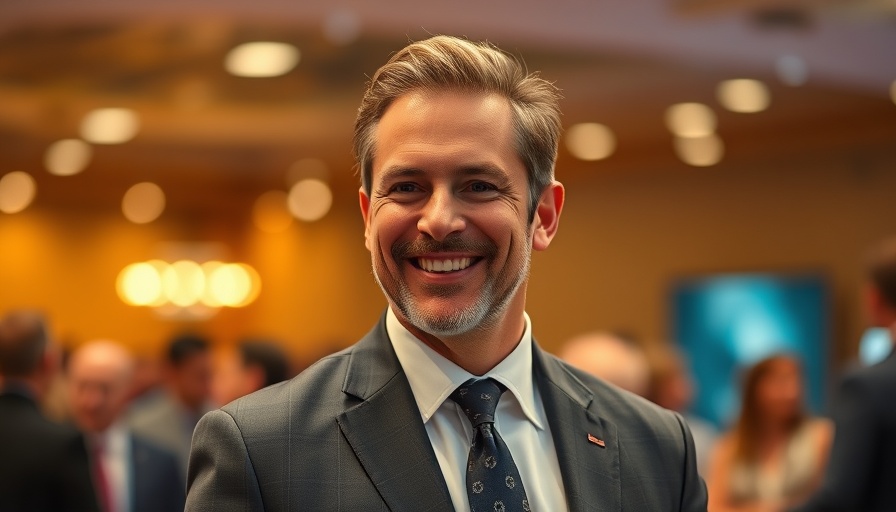
Patrick Carroll Avoids Prosecution Through Mental Health Counseling
Multifamily investor Patrick Carroll has made headlines for evading felony prosecution by agreeing to enter a mental health counseling program. This development followed a recent pretrial hearing in Los Angeles, where the District Attorney’s Office decided to drop charges stemming from an incident involving a loaded firearm and evading arrest. The case had drawn attention not only for Carroll's wealthy investment background but also for his turbulent personal history, including bipolar disorder claims and multiple encounters with law enforcement.
The Controversial Incident That Sparked Charges
The criminal charges against Carroll arose from a public incident last summer where he allegedly displayed a loaded firearm. This situation escalated, leading to a police pursuit—an event widely covered by the media. During his hearing, Carroll publicly acknowledged his mental health challenges, asserting that he will undertake a mental health diversion program as part of his agreement with the court.
Understanding Mental Health Diversion Programs
These programs are often constructed to offer individuals with mental health issues an alternative to traditional prosecution, focusing on treatment rather than punishment. According to experts, such initiatives can significantly decrease recidivism rates while enhancing community safety. Carroll’s case is becoming emblematic of a larger trend where the justice system increasingly recognizes mental health as a critical component of criminal behavior. This approach provides a second chance to those who strive for rehabilitation.
The Broader Context of Mental Health in Legal Cases
Carroll’s decision to enter a mental health diversion program sheds light on the urgent need for appropriate mental health resources in society. The interplay between mental health issues and legal encounters is not uncommon, with numerous individuals facing similar struggles in how they confront the justice system. Legal experts argue that more education on mental health could help reform judicial approaches and allow for more compassion in cases similar to Carroll’s.
The Journey Ahead for Carroll
Although he has evaded prosecution this time, Carroll's history suggests that he may continue to face challenges. Not only has he encountered multiple civil lawsuits from former employees alleging mistreatment, but he also faced separate criminal charges for aggravated stalking and violations against a restraining order. Furthermore, he was subjected to a psychiatric evaluation earlier this year following an emergency report of gunfire from his property. Such continuing incidents raise questions about Carroll’s future behaviors and whether the support from mental health counseling will be sufficient.
Implications for the Investment Community
For those in the real estate investment arena, Carroll's story serves as a cautionary tale. Investors are reminded that personal conduct and mental well-being can significantly impact professional reputations and business endeavors. Current and aspiring investors might take this opportunity to reflect on the importance of mental health and its potential consequences in high-pressure environments, like real estate investment.
As investors, staying informed about mental health resources and prioritizing wellness could not only improve personal life but also create a more sustainable business environment.
 Add Row
Add Row  Add
Add 




 Add Row
Add Row  Add
Add 

Write A Comment